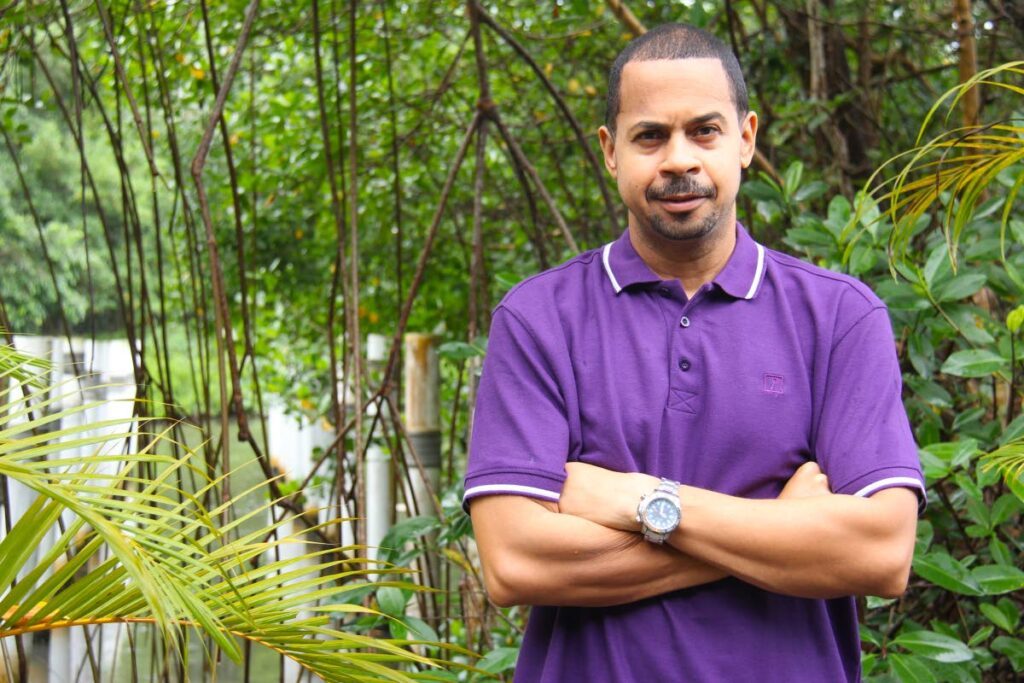So you've been laid off – now what?

Paolo Kernahan
EVEN THOUGH I saw it coming from a mile away, it still felt like being kicked in the gut when I was laid off the first time. I had no idea what I'd do next.
It's odd to imagine you can pack an entire career into one cardboard box until you have to do it.
Just a few years later, I was packing yet another cardboard box after everyone in my department had been handed their walking papers.
In those moments, you realise just how small you are – another movable piece in a company that owes you neither the loyalty nor commitment expected of you.
This year has opened with more rounds of lay-offs. Some of the largest companies on Earth are swinging a scythe through their workforce. Google, Citigroup, Discord, Amazon Prime Video, eBay – hundreds of thousands of jobs have already been slashed in 2024. The reasons are varied.
Some companies cite glacial growth in sales, owed to trigger-shy consumers. Several have admitted to missing the mark on growth projections, consequently having to purge staff hoovered up in expansion drives. Biting off more than you can chew is a common pitfall for which employees pay the price.
UPS is laying off 12,000 people this year – a move expected to save the company US$1 billion in 2024. Savings are earnings, and are announced as such in quarterly earnings meetings.
What's surprising is the number of lay-offs in the tech sector. You'd think jobs in tech would be somewhat immune (although not impervious) to the vagaries of the job market. Apart from the same conditions afflicting other companies, the growing contagion of AI is also infecting the tech sector with redundancies.
Online platforms reflect these grim realities. Countless young people are using social media to share stories of losing their jobs. The Zoom lay-off call is practically a content category on TikTok.
It's a frightening feeling, being cast out into the job wilderness.
There are a few things my experience of being cut loose twice taught me.
The first lesson was this: put time and effort into building your personal brand. Whether you're looking for another job or you want to start your own business, you should have a solid brand foundation – an online identity that showcases your skills, experience, special area of expertise, and core values.
Across the platforms, photographers, IT technicians, human resource personnel – people occupying all sorts of professions – are leaving an indelible footprint giving prospective employers an idea of what they bring to the proverbial table.
If entrepreneurship is your next move, having an already considerable online following based on your chosen field can save you months, if not years, of growing a community that can be nurtured into a customer base.
The next thing I learned as I sat on the sidewalk with my cardboard box in hand was this: don't be married to an idea of who you are.
I was a TV journalist for a decent chunk of my professional life. When that came to an end I was adrift, not knowing what else I could do. It took a bit of time, but I eventually let go of my old "calling" to become the next iteration of my working self. Had I thrown off my former professional identity sooner, the transition to the second act would have been less tortuous.
That next stage couldn't have been attained without the third lesson: be willing to learn new skills and adapt to a changing environment. What often keeps people stuck is their discomfort with broadening their knowledge to adapt to new realities.
Several years ago, I visited the Adorama camera store in New York. At the time, there were just two people on the floor. One of them was a pleasant, white-haired man who looked to be in his 70s. He had to inspect, grade and register some video gear I was unloading. He did this with astonishing speed and efficiency on what looked like a Star Trek tricorder.
With some prodding, the elder Adorama employee revealed that he'd had a decades-long life in photography, witnessing all the technological upheavals the industry had undergone. Now, here was this man in his latter years remaking himself to fit into a world governed by technology.
The stability of a regular paycheque is hard to beat, but it pays always to keep one eye on the future. Being able to survive and thrive today depends on your willingness to keep learning and embrace reinvention.



Comments
"So you’ve been laid off – now what?"